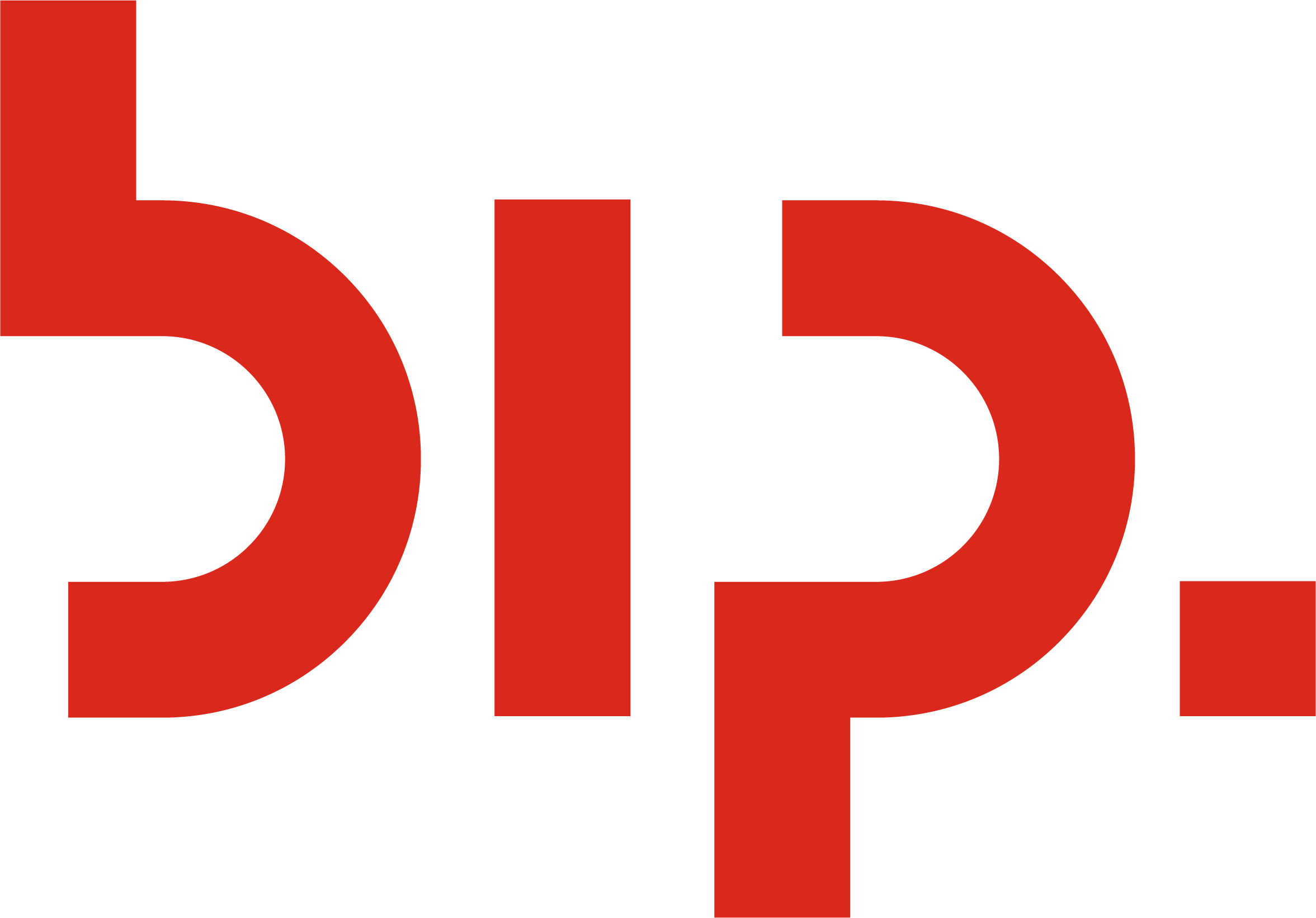The way businesses operate is increasingly scrutinized by society. It is now evident that companies can no longer prioritize only financial results without considering people and the environment. Sustainable economic growth is essential not only for businesses but for society as a whole.
Sustainability Practices and ESG
Sustainability and ESG (Environmental, Social, and Governance) principles have gained significant traction in the corporate world. Companies across industries are institutionalizing these practices at different levels of maturity. However, despite the progress, there is still a long journey ahead in transitioning from discourse to truly effective sustainability practices, especially given the urgency highlighted by scientists worldwide regarding the need to mitigate environmental and social risks.
As organizations move forward on their sustainability journey, they are now shifting their focus toward supply chains and procurement. The question arises: how sustainable can a company truly be if it does not assess the sustainability of its suppliers?
Sustainable Supply Chain and Supplier Management
Procurement plays a strategic role in any organization, often representing a significant portion of total expenses, ranging from 30% to 80%, depending on the industry. In sectors like manufacturing, energy, and retail, procurement costs can be particularly high, making supply chain sustainability a key factor in long-term success.
While short-term cost reductions can enhance profitability, companies that overlook sustainability in their supply chains expose themselves to risks related to lack of visibility, traceability, and long-term resilience. Ensuring responsible procurement practices not only mitigates these risks but also enhances operational efficiency and stakeholder trust.
Corporate purchasing power has far-reaching effects, impacting not only companies and institutions but also local communities and natural resources. The traditional procurement priorities of price, delivery time, and quality are no longer enough. Consumers, stakeholders, and society now demand transparency about the origins of products and services.
Organizations must now focus on how much they buy, what they buy, and from whom they buy, ensuring that procurement creates shared value for all stakeholders.
Sustainability, Brand Reputation, and Market Trends
As discussions about a sustainable future gain momentum, business leaders, investors, governments, NGOs, and consumers have become increasingly critical of corporate practices.
The rise of social media and digital platforms has accelerated the exposure of unethical business conduct. Misconduct that once remained unnoticed can now be shared instantly with millions of people, drastically affecting brand reputation and financial performance.
One of the earliest and most well-known cases illustrating this risk was the Nike scandal in 1996, when Life magazine published an article exposing child labor in Asian factories producing Nike soccer balls. The shocking image of a 12-year-old sewing sports equipment triggered a global backlash, leading to decades of reputational damage for the brand.
Legislation and Sustainability in Procurement
Over the past three decades, countries worldwide have implemented regulations to address human rights violations in supply chains, including child labor, human trafficking, forced labor, and poor working conditions.
Key regulatory milestones include:
- California Transparency in Supply Chains Act (United States)
- United Nations Guiding Principles on Business and Human Rights
- Procura+ Initiative (European Union)
- Sustainable Procurement Law (Brazil)
Brazil’s public procurement law was updated in 2010 to include sustainability criteria in purchasing decisions. Additionally, the National Solid Waste Policy promotes sustainable procurement practices.
In 2017, the ISO 20400 standard became the first international guideline for sustainable procurement, providing a framework for integrating sustainability into purchasing decisions.
Recent European regulations have also raised concerns for Brazilian companies:
- EU Corporate Sustainability Due Diligence Directive (CSDDD) requires companies operating in the European Union to ensure sustainable and responsible business practices across global value chains.
- EU Deforestation Regulation (EUDR) mandates that companies verify that products entering the EU market are not linked to deforestation or forest degradation. This law has significant implications for Brazilian exporters of commodities and raw materials.
These regulatory developments highlight growing international pressure on companies to adopt sustainable procurement practices.
Sustainable Procurement: A Competitive Advantage
According to ISO 20400, sustainable procurement refers to purchasing practices that maximize positive environmental, social, and economic impacts throughout the product or service lifecycle.
This shift means that companies are no longer expected to simply avoid negative impacts—they must actively contribute to positive social and environmental outcomes.
Beyond responding to external pressures, sustainable procurement offers strategic benefits, including:
- Driving innovation
- Building investor confidence
- Expanding market opportunities by complying with international standards
- Enhancing employee engagement and talent retention
Sustainability Criteria in Corporate Procurement
Many companies are already integrating sustainability criteria into their supplier selection processes. A 2022 survey found that 46 percent of businesses have already implemented sustainable procurement initiatives.
Examples of industry leaders in sustainable procurement:
- Apple evaluates suppliers based on over 800 sustainability criteria and publishes annual reports detailing progress. The company also conducts on-site audits to enforce compliance.
- Raízen has a Sustainable Procurement Policy and offers financial incentives to suppliers who meet sustainability criteria. The company also provides training and ongoing assessments for suppliers.
- Natura & Co aims for full traceability and certification of critical supply chains by 2025. It uses supplier questionnaires, audits, and long-term partnerships to drive compliance.
How to Integrate Sustainability into Procurement?
Organizations in Brazil and worldwide are at different stages of adopting sustainable procurement practices. To develop an effective and scalable strategy, companies should follow five key steps:
1. Define a Strategy
Establish a clear roadmap for sustainable procurement, including governance structures, sustainability objectives, and performance metrics.
2. Conduct a Supplier Assessment
Analyze the current supplier base, identify sustainability risks, and classify suppliers based on their environmental, social, and governance maturity.
3. Develop Sustainable Procurement Processes
Define how sustainability will be integrated into procurement policies, including supplier selection criteria, evaluation methodologies, and compliance monitoring.
4. Implement and Monitor
Gradually introduce sustainable procurement across supplier contracts, purchasing decisions, and operations, while continuously tracking key performance indicators.
5. Engage and Develop Suppliers
Support suppliers in improving sustainability performance through training, capacity-building programs, and incentives for top performers.
Establishing a collaborative ecosystem that promotes knowledge-sharing and best practices is critical for long-term success.
Conclusion
Promoting sustainability in supply chains is complex but essential. The short, medium, and long-term benefits create shared value for companies, suppliers, and society.
As more companies normalize ESG criteria in procurement, sustainable purchasing will become standard business practice rather than a competitive differentiator.
At BIP, we believe that sustainability is now a prerequisite for corporate success. Our consulting services help businesses integrate sustainability into procurement strategies, supplier management, and ESG compliance.
For more information, contact us.
References:
https://hbr.org/2001/06/a-smarter-way-to-buy
https://www.newidea.com.au/nike-sweatshops-the-truth-about-the-nike-factory-scandal








